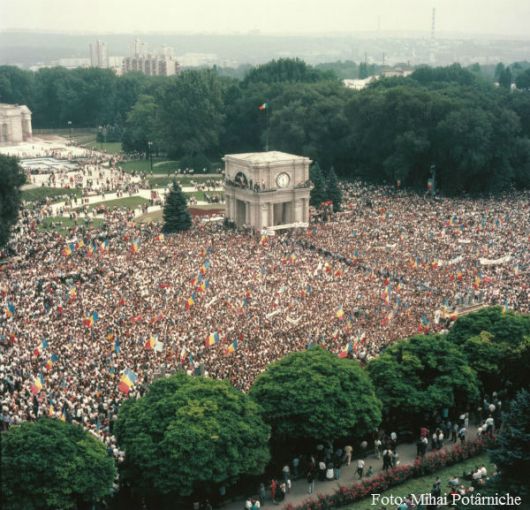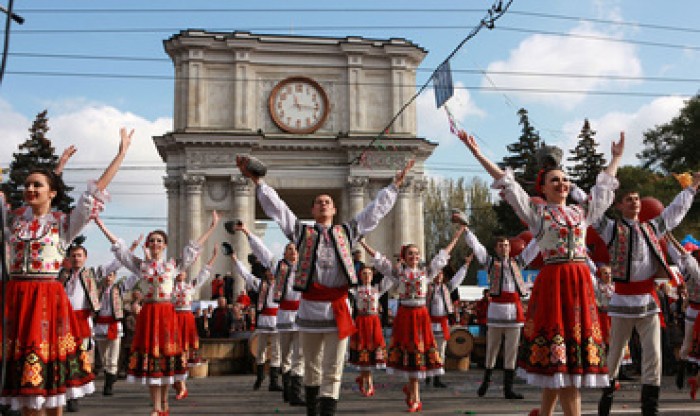Moldova’s Way to Independence
The month of August is known in Moldova as the month of national holidays. That is due to the Independence Day, on August 27 and also to the Language Day, on August 31. Since each of these two days is important for us, we’d like to share some historical background concerning the events through which our country passed before it became independent from the Soviet Union.
Officially known as The Republic of Moldova, our small country had been a part of the Principality of Moldavia since the Middle Ages. In 1538, although the principality became a tributary of the Ottoman Empire it retained its internal and partial external autonomy.
In 1812, the Russian Empire, through the treaty of Bucharest, annexed it. The territory was named Bessarabia. One could recall himself of a Ping-Pong game, being given that the territory was returned to Moldavia in 1856 and some years later, in 1878 it was again belonging to the Russian Empire. Once the Russian Empire was dissolved in 1917, the independent Moldavian Republic was formed. Beginning with 1918 till 1940, Bessarabia was under Romanian jurisdiction.
In August 1939, a new chapter in Bessarabia’s history began, as the Molotov-Ribbentrop Pact was signed. By its means, Bessarabia was recognized Bessarabia as a Soviet sphere of influence. In the month of June, the next year, the Soviet Union gave Romania an ultimatum, to cede them the Bessarabia territories. Under this pressure from both Soviet Union and Germany, the military was evacuated from this region and became occupied by the Soviet Union.
The population passed through hard times under Soviet Rule, as a lot of people have been taken to gulags. At the same time, the Soviet government has promoted the ethnic Moldavian identity as different from the Romanian identity. Subsequently, they changed the script of the Moldovan language from Latin to Cyrillic.
In 1985, along with the glasnost policy introduced by Mikhail Gorbachev, a Democratic Movement of Moldova was formed. In  1989 it took the name of the popular Front of Moldova.
1989 it took the name of the popular Front of Moldova.
1988 can be recalled as the year when Moldova began to actively fight for its independence. On August 27, 1987, the Great National Assembly put pressure on the Soviet Republic authorities to adopt a language law that would proclaim Moldovan written in Latin — as the state language. The first independent general elections to elect an independent parliament were held in 1990. In June 1990, the parliament adopted the Declaration of Sovereignty of the Soviet Socialist Republic Moldova. Finally, on August 27, 1990, Moldova declared its independence.
Regarding the other holiday, the Language Day, the holiday has the same historical roots. In 1989, the social discontent with the Soviet Union grew to unmanageable proportions in Moldova. At that moment a new legal project was prepared in regard to the national language and according to this law,  Romanian was the only official language of Moldova. The language bill was passed into law on August 31st 1989, and the date has been a national holiday ever since.
Romanian was the only official language of Moldova. The language bill was passed into law on August 31st 1989, and the date has been a national holiday ever since.
As we mentioned at the very beginning, these 2 holidays are important for us, therefore we celebrate them by organizing some specific cultural activities. In the morning, the President makes a public speech and lays flowers at the Monument of Stefan cel Mare. In the afternoon, a big concert takes place at the National Square.
Sursa
2014-08-27 18:36:00

